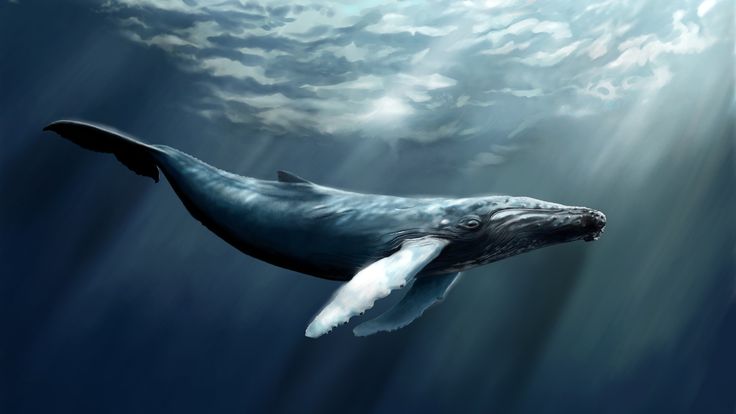
World Whale Day is celebrated annually on the third Sunday of February (i.e. 19th February) and is dedicated to the preservation and protection of whales and their habitats. Whales are magnificent creatures that play an important role in the marine ecosystem and are facing many challenges, including climate change, pollution, overfishing, and entanglement in fishing gear.
This year World Whale Day will be Celebrated on 19th February 2023
There are several different species of whales, ranging from the tiny dwarf sperm whale to the massive blue whale, which is the largest animal on the planet. Whales are intelligent and social animals that live in tight-knit groups, and some species even have complex cultures and communication systems.
Despite their size and importance, whales are facing many threats. Climate change is causing the oceans to warm and acidify, which can impact the food chain and the health of whale populations. Plastic pollution is another major issue, as whales can mistake plastic waste for food and become entangled in it, causing serious harm or even death. Overfishing is also reducing the food supply for whales and their prey, and some species are at risk of extinction.
There are currently about 90 species of whales, dolphins, and porpoises that have been identified; these animals are commonly referred to as “cetaceans” or just “whales.” There are 42 dolphins, including 4 river dolphins, 15 baleen whales, 3 sperm whales, 23 beaked whales, 2 monodontidae (narwhal and beluga), and 7 porpoises.
Interesting Facts about Whale
Whales have a 20-minute breath-holding capacity.
The world’s longest-living mammal is the bowhead whale.
There are two different species of whales – baleen and toothed whales. To put it simply, toothed whales are whales with teeth that eat fish, squid, and seals. However, they only utilize these teeth for seizing, swallowing their prey whole thereafter, therefore they are not used for eating.
The songs of humpback whales are incredibly intricate.
Ear wax buildup can reveal a whale’s age.
There are no natural predators of whales. The human species is its only predator. There are people that slaughter whales for their meat, oil, and skins.
The largest brain on earth belongs to Sperm Whale.
World Whale Day is a time to raise awareness about the challenges facing these magnificent creatures and to advocate for their protection. There are many ways to get involved, including participating in beach clean-ups, supporting organizations that work to protect whales and their habitats, and sharing information about the importance of whales and the threats they face.
It is important to remember that whales play a vital role in the health of our oceans and the planet as a whole, and that we all have a responsibility to protect and conserve these magnificent creatures for future generations to enjoy.
So let’s take a moment to celebrate World Whale Day and do our part to help protect these incredible animals!
Swikriti











